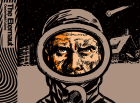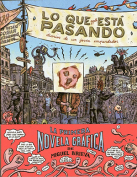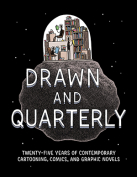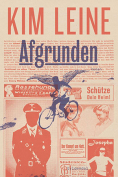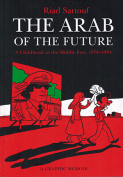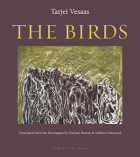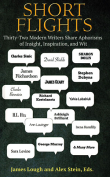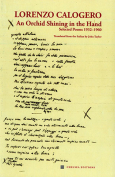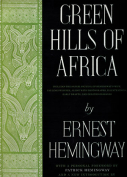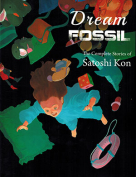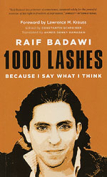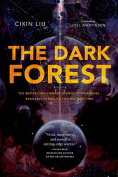The Birds by Tarjei Vesaas
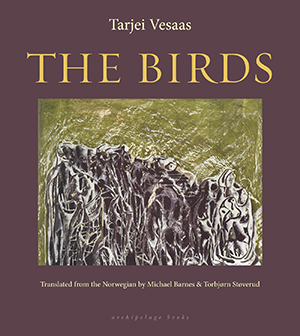 Brooklyn. Archipelago Books. 2016. 250 pages.
Brooklyn. Archipelago Books. 2016. 250 pages.
Mattis, the protagonist of Norwegian Tarjei Vesaas’s 1957 novel The Birds, surely deserves a place among the cadre of unforgettable characters in modern literature. Mattis’s intellectual disability causes him to perceive his world—the tiny farming community where he has lived all of his thirty-seven years—with a sense of wonder, innocence, and honesty that will long echo in your mind.
Mattis lives with his older sister, Hege, in their deceased parents’ farmhouse, their only source of income being money from Hege’s sales of her hand-knitted sweaters. Mattis’s disability frustrates his halfhearted attempts to find regular work; instead, he prefers to spend hours daydreaming at home or on his boat. Mattis’s ability to reason is greatly impaired, and as a consequence, he allows the natural world to dictate his actions and order his life. The wind’s fluctuations, a woodcock’s flight pattern, a toadstool’s unusual red hue, lightning striking a tree: these are not random occurrences but instead signify a change or determine a particular outcome. It is a constant source of frustration for him that others are not able to understand the significance of these natural occurrences.
Although Mattis’s thoughts are muddled, his emotions have an acute clarity that makes him keenly sensitive to others’ feelings, especially Hege’s as she struggles to suppress any visible annoyance with Mattis’s mannerisms and irrational excitability. When an itinerant lumberjack enters their staid lives, first as the siblings’ boarder and then Hege’s lover, Mattis’s jealousy quickly surfaces.
Vesaas’s prose, spare and straightforward, soars with a poignancy of feeling that conveys Mattis’s emotions, like his confused feelings of sexual attraction, which he is forced to suppress because those around him cannot reconcile the seeming incongruity of his childlike mind and his sexuality.
Mattis’s disability is the pivot upon which the novel unfolds and also serves to amplify the ways that “normal” people, too, are “handicapped.” While nature’s vicissitudes control Mattis, by turns calming, inspiring, amazing, and frightening him, we have grown complacent to the revelations and mysteries of the natural world, numbed by our varied experiences and skeptical minds. Moreover, unlike Mattis, our self-conscious preoccupation with saying and doing only what is socially acceptable makes us circumspect, inhibiting open and honest interactions. Vesaas allows us see that without Mattis’s sensitivity, perceptivity, and honesty, we, too, are impaired, limited from living a full life.
Lori Feathers
Dallas, Texas



